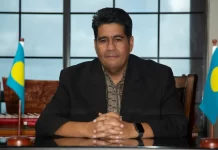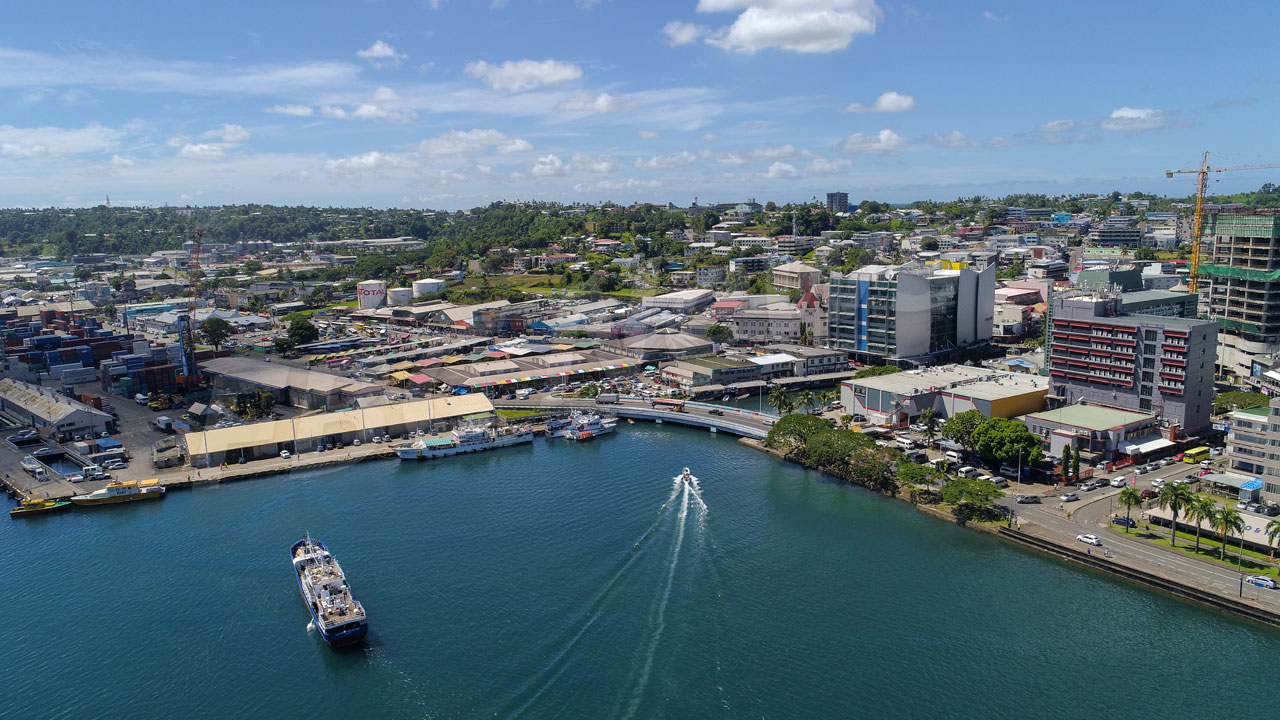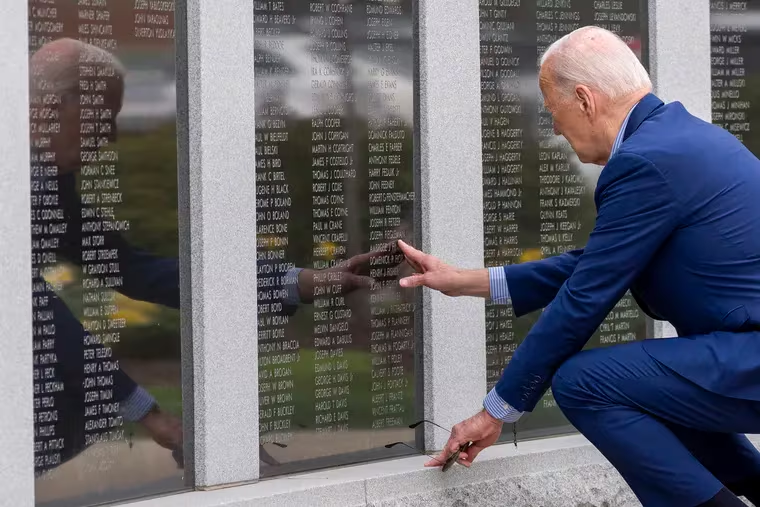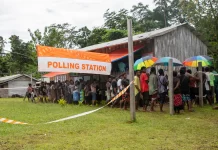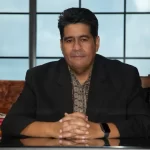There is currently a debate on who should be Fiji’s guardian of democracy.
Currently, the role rests with the Republic of Fiji’s Military Forces (RFMF) protected by the 2013 Constitution drafted and passed by the Bainimarama military regime.
Scholars are now suggesting that this role should be shifted away from the RFMF.
Political commentators like Ambassador Jioji Kotobalavu said this role should shift to institutions like the Great Council of Chiefs (GCC).
“Not that the GCC should take it on its role, you know, this is my role, no, no, no. The Executive responsibility in Fiji, rests with the cabinet Prime Minister as head of government because they’re elected.”
Renowned political sociologist scholar Professor Steven Ratuva has supported this proposal, saying that previous constitutions have indirectly described the role of the military, but only the 2013 Constitution has clearly defined this role.
“It’s about time that we address that fundamentally because people still feel a bit anxious. There’s a sense of insecurity, the irony of it all, of what is supposed to be an institution of security is now seen as an institution of security.”
Meanwhile, Kotobalavu added the elected government is always on the upper side because they are elected by the people.
“That kind of clause was not present in the 1997 constitution, 1970 constitutions although those constitutions were drafted after consultation. The military is not an elected body, they don’t speak for the people. They don’t have any democratic mandate, like here in the case, the government of Rabuka and his coalition parties, they are elected by the people. They have the mandate, and I agree with Mahendra Chaudhry that the well-being of the people of Fiji is the responsibility of the elected government with the help of the Opposition.”
Section 131 (2) of the 2013 Constitution spells out the role of the military as having the overall responsibility of ensuring at all times the security, defence and well-being of Fiji and all Fijians. Amending the constitution requires 3/4 of the total number of registered voters to vote in favour of an amendment bill.
Apart from this condition the constitution also requires 3/4 of members of Parliament to vote for the amendment of the 2013 Constitution,
FBC News has tried to get the Commander’s attention on the matter, but this has been unsuccessful.
SOURCE: FBC NEWS/PACNEWS


